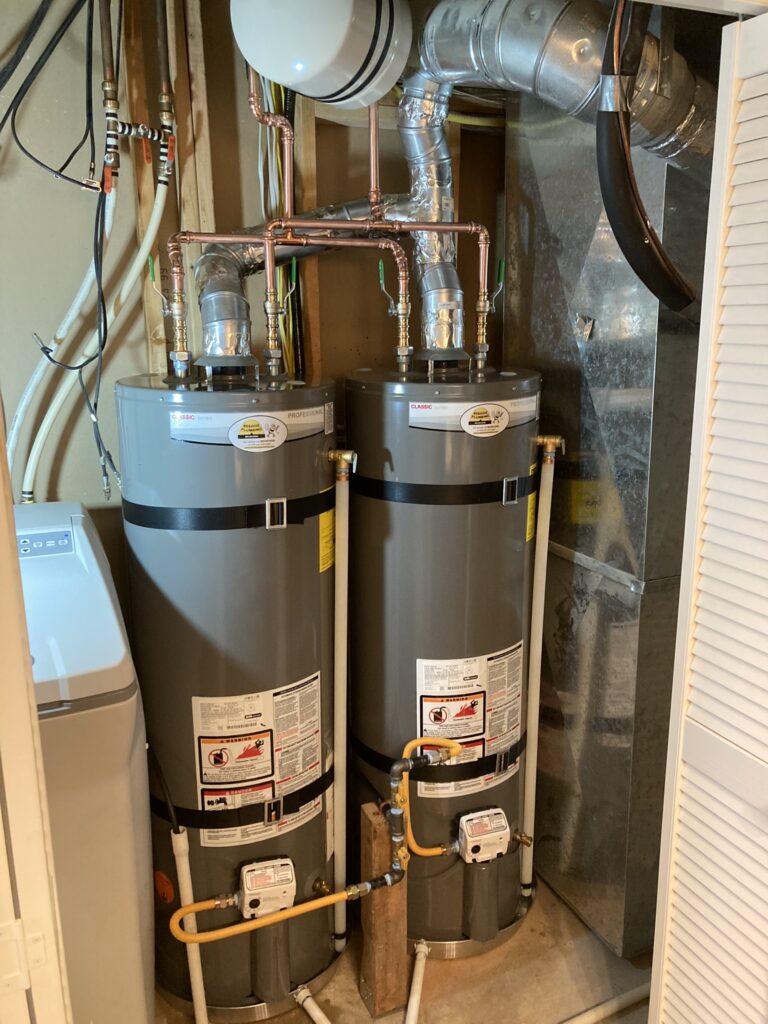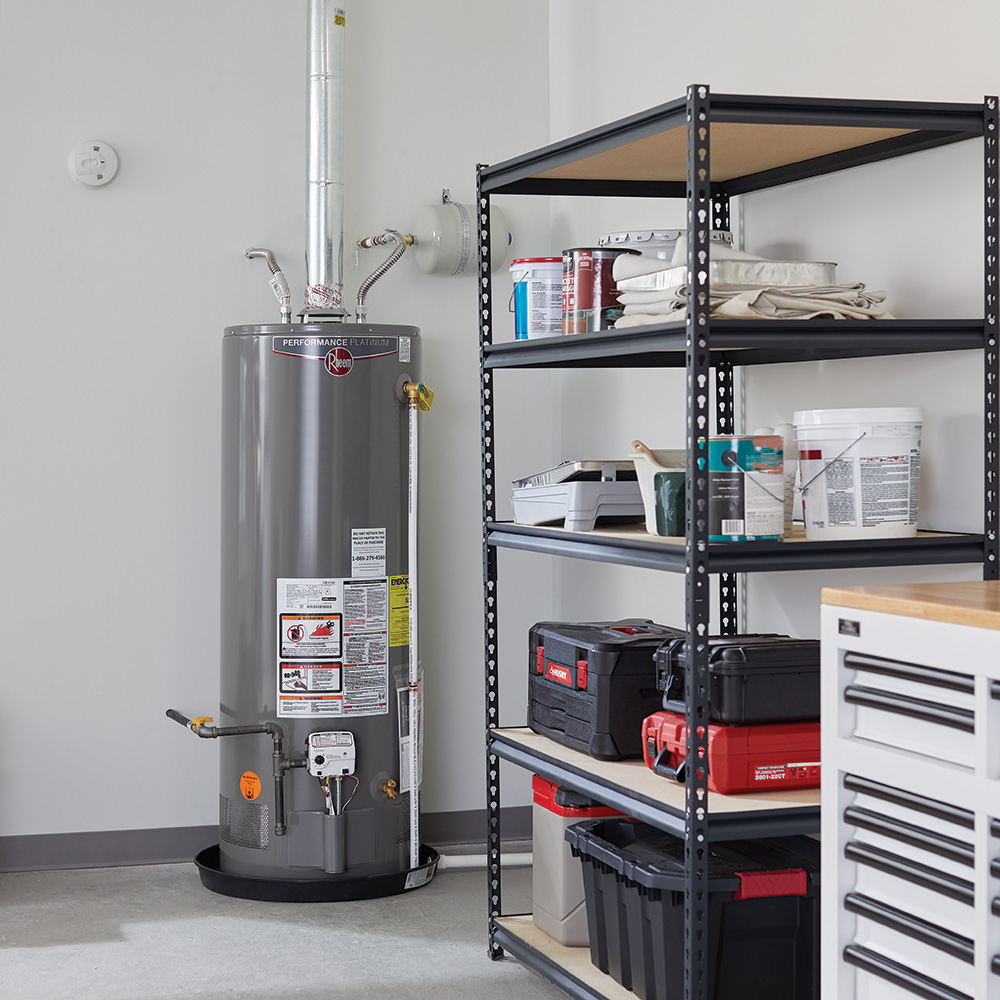Trustworthy Pipe Repair Solutions to Prevent Expensive Water Damage
Trustworthy Pipe Repair Solutions to Prevent Expensive Water Damage
Blog Article
Total Guide to Water HeaterSetup and Substitute
Comprehending the intricacies of water heating system installment and replacement is essential for property owners looking for to make sure efficiency and dependability in their hot water supply. From choosing the ideal kind and size to implementing a seamless installment process, numerous elements need to be thought about to stay clear of usual risks.
Kinds Of Hot Water Heater
When taking into consideration water heating system installation and substitute, it is important to recognize the various sorts of water heaters available on the market. The most usual kinds consist of container water heating systems, tankless hot water heater, heatpump water heating systems, and solar water heaters.
Tank water heating systems are typical systems that store a certain volume of hot water, making them conveniently available when needed. They are typically more economical ahead of time yet might sustain higher power prices with time because of warmth loss. In contrast, tankless hot water heater provide warm water as needed, removing the need for storage space. They are power efficient and can save room, yet their preliminary expenses are generally greater.
Heatpump water heaters utilize electricity to move warm from the air or ground to warmth water, using significant power savings however needing even more room and details installment problems. Last but not least, solar water heaters harness solar power to heat water, providing an eco-friendly alternative with possible long-lasting cost financial savings, although they commonly need a back-up system for gloomy days.
Understanding these options makes certain notified choices relating to installation and replacement, providing to particular demands and choices.
Choosing the Right Size
Choosing the ideal size for a water heater is essential to ensure optimal efficiency and efficiency. An unit that is also little will certainly struggle to meet house demands, leading to inconsistent hot water availability and boosted power consumption. Conversely, an oversized water heating system can lead to unnecessary power waste and higher utility costs.
To identify the best dimension, consider the family's peak warm water usage. This can be computed based upon the variety of residents and their typical warm water needs. A family of four might need a water heating unit with an ability of 50 to 80 gallons, depending on the usage patterns, such as simultaneous showers and laundry.
Furthermore, evaluate the healing price, which gauges just how quickly a heater can replenish warm water after it has been used. For tankless models, concentrate on the flow rate, gauged in gallons per min (GPM), to ensure it satisfies the home's simultaneous demand.

Setup Refine Review

Following, the old device has to be detached and removed, making sure to adhere to neighborhood codes and policies pertaining to disposal. As soon as the old unit is out, the brand-new hot water heater can be positioned in location. This action includes attaching the water lines, guaranteeing that all fittings are protected and leak-free.
After developing water links, it's vital to attach the power supply, whether electric or gas, following the producer's guidelines diligently. When all connections are made, the system needs to be loaded with water, and the power can be transformed back on. It's essential to inspect for leakages and make sure the water heating system is working correctly prior to completing the installment procedure.
Common Setup Blunders

Another constant blunder is overlooking to comply with regional codes and laws. Stopping working to comply with these requirements can not only bring about safety risks but might also result in costly penalties or the need for expensive reinstallation. In addition, improper airing vent is a vital issue. Poor ventilation can cause dangerous gas build-up, presenting major health threats.
Wrong pipes connections are likewise a common mistake. Stopping working to secure links or go using the incorrect kind here of installations can lead to leaks and water damage. Additionally, ignoring the significance of a correct drainpipe frying pan can cause significant water damages if leakages do happen. Last but not least, insufficient insulation of pipes can lead to warm loss, reducing efficiency. By avoiding these usual installment mistakes, house owners can guarantee their hot water heater operates safely and efficiently, taking full advantage of efficiency and longevity.
Maintenance Tips for Long Life
Proper maintenance of a water heating unit is necessary for its durability and ideal efficiency. Normal evaluations and maintenance can protect against pricey repair work and prolong the appliance's life expectancy. Begin by examining the temperature level setting; it must usually be established in between 120 ° F and 140 ° F for ideal energy effectiveness and safety.
Every six months, flush the container to eliminate debris buildup, which can harm heating effectiveness and create corrosion. To do this, switch off the heater, link a tube to the drain shutoff, and allow the water run until it is clear.
When they are worn away,Anode rods ought to be evaluated yearly and changed. These poles aid avoid container deterioration by attracting other destructive components in the water.
Furthermore, check the pressure alleviation shutoff regularly to ensure it is operating correctly. This valve is crucial for avoiding too much pressure accumulation within the container.
Finally, take into consideration setting up a professional maintenance check every few years for thorough evaluations and servicing. By adhering to these upkeep tips, property owners can significantly improve the performance, safety and security, and life expectancy of their hot water heater, ensuring reputable warm water for many years to find.
Final Thought
In final thought, appropriate setup and maintenance of water heating units are essential for making certain performance and long life (water heater installation). Picking the proper kind and size, sticking to installment standards, and preventing common blunders substantially add to ideal efficiency. Routine maintenance checks and expert servicing help receive capability and avoid costly fixings. By recognizing these vital aspects, homeowners can attain a trustworthy hot water supply while decreasing possible issues connected to hot water heater operation.
Recognizing the complexities of water heating system installation and replacement is critical for property owners looking for to make certain efficiency and dependability in their warm water supply.Tank water heating units are traditional systems that keep a details volume of hot water, making them easily offered when required. In contrast, tankless water heaters supply hot water on need, removing the demand for storage. Choosing a water heating unit that is either also tiny or too large can lead to ineffectiveness, resulting in insufficient warm water supply or too much power consumption.
By understanding these vital elements, home owners can attain a reliable hot water supply while reducing prospective problems associated to water heating unit procedure. water heater installation.
Report this page